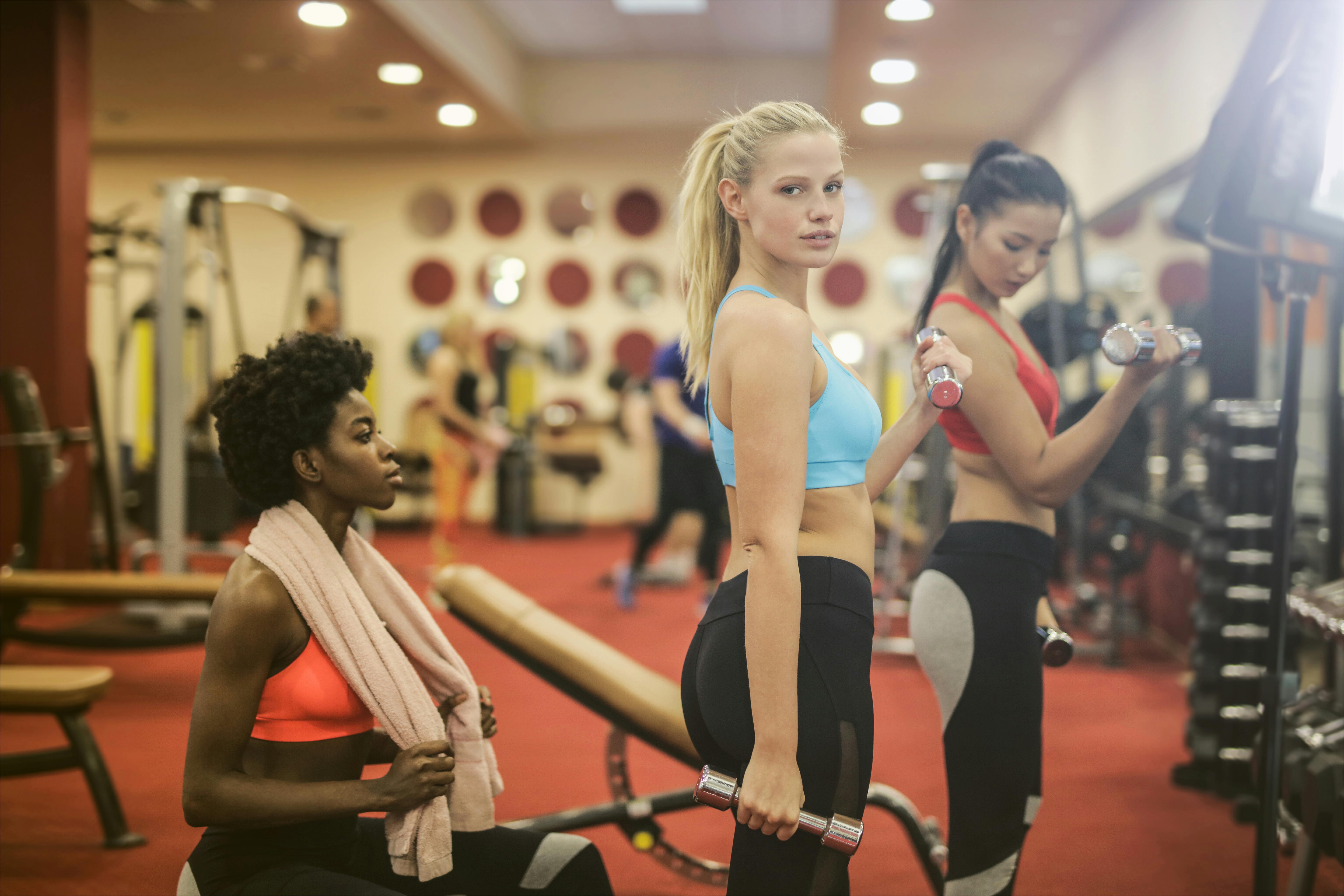Unleashing Inclusivity: The Role of Adaptive Fitness in Personal Training
Adaptive fitness has emerged as a transformative approach in the fitness industry, focusing on inclusivity and accessibility for individuals with diverse needs. For personal trainers, embracing adaptive fitness not only broadens their client base but also promotes a culture of inclusivity. In this post, we delve into the essence of adaptive fitness, its importance, and how trainers can implement inclusive practices to enhance their business and client experiences.
Adaptive fitness is an approach tailored to meet the specific needs of individuals with physical, intellectual, or developmental disabilities. It is a paradigm that emphasises customised training methods, ensuring that everyone, regardless of ability, can participate in fitness activities. As the fitness industry evolves, personal trainers who leverage adaptive fitness stand out by offering a unique value proposition that fosters diversity and inclusivity.
The Relevance of Adaptive Fitness: For many individuals, traditional gym settings can inadvertently create barriers to participation. Adaptive fitness provides opportunities to break down these barriers, promoting not only physical health but also mental wellbeing. By tailoring workouts to accommodate different abilities, personal trainers can empower clients to achieve their fitness goals and improve their quality of life.
Practical Tips for Implementing Adaptive Fitness: To successfully incorporate adaptive practices, personal trainers should begin by gaining a deep understanding of their clients' specific needs and limitations. This may involve collaborating with healthcare professionals to design safe and effective programmes. Investing in continuous education and training, such as certifications in adaptive fitness, can also enhance a trainer's competency in this field.
Creating an Inclusive Gym Environment: An inclusive gym environment goes beyond physical accessibility. It involves fostering a welcoming atmosphere where all clients feel valued and supported. Personal trainers can cultivate inclusivity by using adaptive equipment, modifying exercises, and making thoughtful adjustments to accommodate various needs.
Addressing Common Misconceptions: One prevalent misconception is that adaptive fitness is restricted to certain groups. However, it encompasses a broad spectrum, benefiting those with temporary injuries as well as chronic conditions. By understanding the diverse applications of adaptive fitness, trainers can break away from stereotypes and promote its value to a wider audience.
Anecdotes of Empowerment: Trainers who have embraced adaptive fitness often recount inspiring stories of client success and empowerment. Whether it’s helping a client with cerebral palsy achieve their first push-up or guiding an individual with autism through a calming yoga session, these experiences highlight the profound impact of adaptive fitness. Trainers can collect testimonials to share these stories, illustrating the effectiveness of their inclusive approach.
Embracing adaptive fitness not only enhances a trainer's skill set but also creates meaningful change within the community. By prioritising inclusivity, personal trainers contribute to the evolving landscape of the fitness industry, where every individual can find their place and thrive.
Inclusive practices such as adaptive fitness training are vital for creating a more accommodating and empowering fitness environment. Personal trainers who commit to adaptive fitness not only expand their business opportunities but also reinforce the importance of diversity and inclusivity in exercise. As the industry continues to evolve, these practices will serve as a foundation for fostering a community that values and nurtures all individuals.
Ellaine
Ellaine is a dedicated and experienced personal trainer with over seven years of expertise in helping clients achieve their fitness goals. With a passion for health and wellness, she specialises in creating personalised training programs that cater to individual needs, whether it’s weight loss, muscle building, or improving overall fitness.
